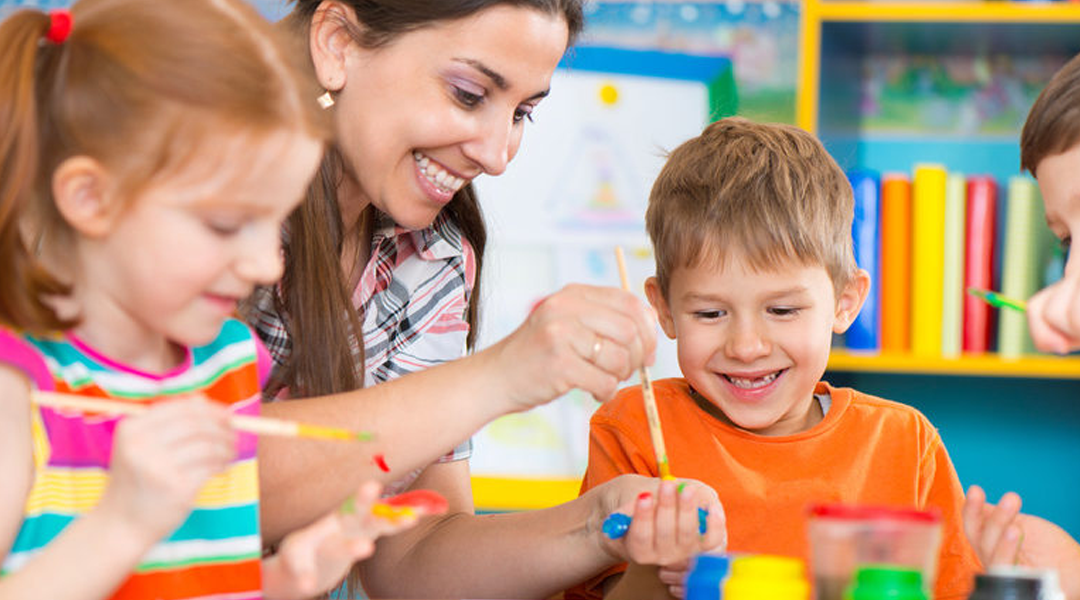
In today’s globalized world, the ability to speak more than one language is increasingly valuable. Research shows that introducing bilingualism in early childhood education offers numerous benefits that extend beyond mere communication skills. Here, we explore the significant advantages of fostering bilingualism in young learners.

Enhanced Cognitive Development
Bilingual children often exhibit enhanced cognitive abilities compared to their monolingual peers. Learning and switching between two languages can improve problem-solving skills, creativity, and multitasking abilities. This cognitive flexibility results from the brain constantly engaging in complex processing to differentiate and manage multiple languages.
Improved Academic Performance
Early exposure to bilingual education can lead to better academic outcomes. Studies have shown that bilingual children often perform better in standardized tests, especially in subjects like mathematics, reading, and vocabulary. The mental agility developed through bilingualism can contribute to a more profound understanding of these subjects.
Greater Cultural Awareness
Bilingual education exposes children to diverse cultures and perspectives, fostering open-mindedness and empathy. Understanding and appreciating different cultures can promote social harmony and prepare children to thrive in multicultural environments. This cultural awareness is a valuable asset in our increasingly interconnected world.
Enhanced Communication Skills
Bilingual children have the advantage of communicating with a broader range of people. This skill can be particularly beneficial in a multicultural society, enhancing social interactions and fostering inclusivity. Additionally, bilingual individuals are often better at learning additional languages, further expanding their communication capabilities.
Long-Term Career Advantages
In the long run, bilingualism can open up more career opportunities. Many employers value the ability to speak multiple languages, as it can be critical in fields such as international business, diplomacy, and tourism. Bilingual individuals are often seen as more adaptable and capable of navigating different cultural contexts.

Social and Emotional Benefits
Bilingualism can also have positive effects on social and emotional development. Children who speak more than one language can experience a sense of pride and self-esteem related to their linguistic abilities. This pride can enhance their overall confidence and willingness to engage in new social situations.
Access to More Resources
Early childhood education that incorporates bilingualism can provide children with access to a wider range of educational resources and materials. This exposure can enhance learning experiences and stimulate intellectual curiosity. Schools and programs that emphasize early childhood education understand the value of providing diverse learning materials to support bilingual development.
Conclusion
Incorporating bilingualism into early childhood education offers a multitude of benefits, from cognitive and academic advantages to social, emotional, and long-term career gains. As our world becomes more interconnected, the ability to speak multiple languages will continue to be an invaluable skill. For parents and educators, supporting bilingual development can provide children with a strong foundation for future success.







